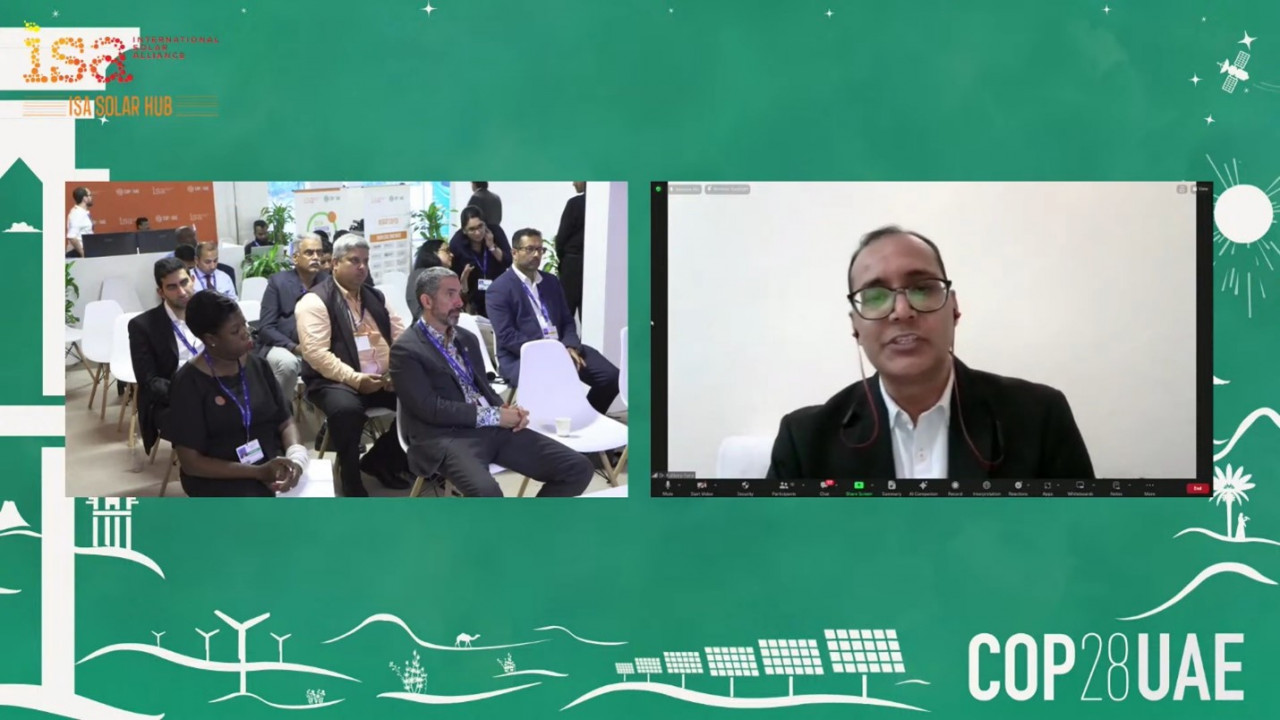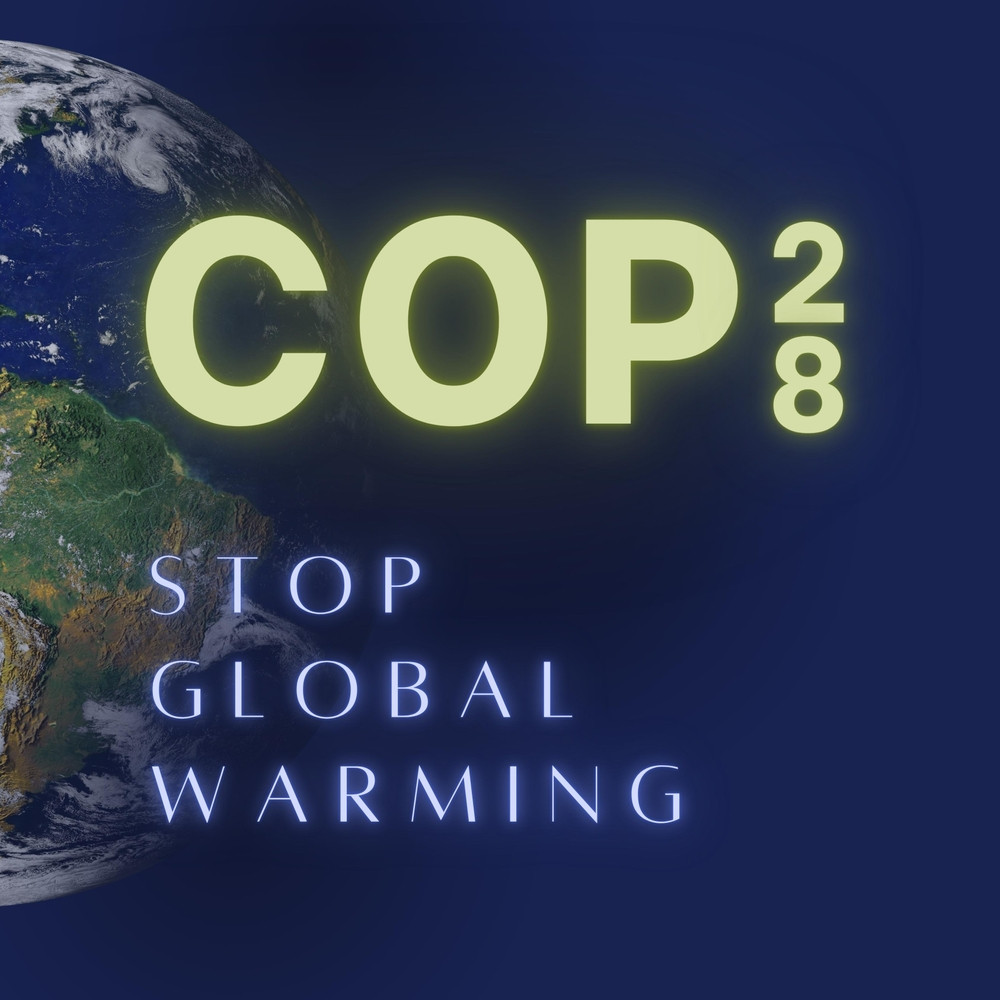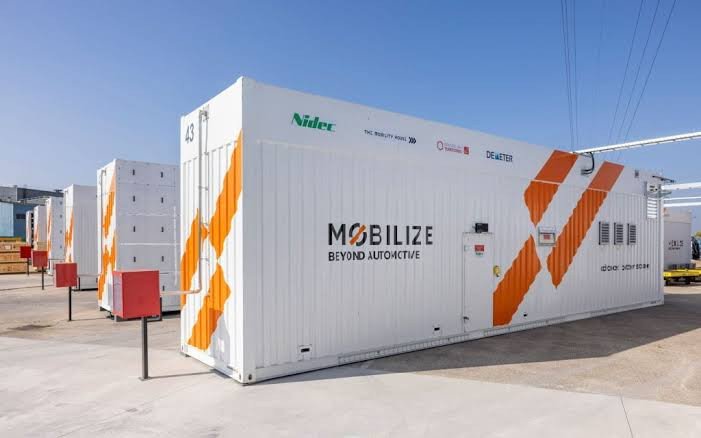COP28: GEAPP's multilateral consortium targets 5GW of battery storage by 2024
At the 2023 United Nations Climate Change Conference (COP28) in Dubai, about 11 countries have committed to a global consortium as part of a collaborative effort to secure 5 GW of battery energy storage by the end of 2024, in a bid to address global energy poverty in low- and middle-income nations.
The Battery Energy Storage Systems (BESS) Consortium, announced by the Global Leadership Council (GLC) of the Global Energy Alliance for People and Planet (GEAPP), saw 11 countries namely Barbados, Belize, Egypt, Ghana, India, Kenya, Malawi, Mauritania, Mozambique, Nigeria, and Togo officially joining the initiative, with Indonesia and Vietnam showing keen interest.
In order to achieve the estimated 400 GW of renewable energy needed to alleviate energy poverty by 2030 and save a gigaton of CO2, the multi-national alliance claims that about 90 GW of storage capacity must be developed across the globe, in line with UN Sustainable Development Goal 7 (SDG7).
With its multi-stakeholder partnership to ensure BESS benefits transform energy systems across low- and middle-income countries, he Consortium claims to be on track to meet its target of securing 5 GW of BESS commitments by the end of 2024 and deploying these by the end of 2027.

'No country can think of energy transition without first thinking about energy storage'
The BESS Consortium's initial 5 GW goal will help create a roadmap for achieving the rest by 2030, demonstrating a key mechanism for accelerating a just energy transition, it added, in a press statement. The members of the consortium will be be supported by a host of resource partners including GEAPP, the African Development Bank (AfDB), the World Bank, Asian Development Bank (ADB), Inter-American Development Bank (IDB), and so on.
Jonas Gahr Støre, Prime Minister of Norway and Co-chair the GLC said, "The Global Leadership Council was formed to expedite change, and bring forward transformative initiatives that will cut emissions, create jobs and expand access to clean and affordable energy in low- and middle-income countries".
"Three months ago, we committed to establishing the BESS Consortium, and already we have countries, resource partners and champions on board. This is only the beginning, we must continue to move at collective speed and scale'', he added.
In addition to securing 5 GW of BESS commitments in low- and middle-income nations and deploying $1 billion in concessional finance, the consortium will accelerate project deployment, work to improve the regulatory environment, build a favorable market for BESS, and unlock commercial and public financing.
Further, countries, utilities, and resource partners in the consortium will partner to identify and co-develop tailored packages of support for BESS investment. These will be refined and negotiated between country stakeholders and partners with complementary advocacy and accelerating actions, it claims.

COP28: Panel discusses improving energy access in LDC and SIDS through renewables with storage
The consortium acknowledges BESS as a critical technology to achieve sustainable energy goals, but opines that the progress is being severely hindered by unfavorable policies and regulations, high financing costs, and long project lead times across the globe.
"Without sufficient storage capacity, countries will be unable to add renewable energy to their grids at the scale needed to reduce emissions and create economic opportunity. The BESS Consortium is an example of the sort of big, bold action required to break down the barriers keeping people and communities from joining the climate transformations underway", said Dr. Rajiv J. Shah, President of The Rockefeller Foundation and Co-chair of the Global Leadership Council.
Expressing his delight on the consortium with India joining as a member, Dr. Rahul Walawalkar, President and MD of Customized Energy Solutions - India and Founder of India Energy Storage Alliance (IESA), said, "Customized Energy Solutions welcomes the initiative by GEAPP for 5 GW battery storage goal to reduce global energy poverty. We look forward to working with the consortium and its partners for accelerating the learning from India to Africa and other global regions".
He further added, "Through IESA's Microgrid Initiative for Campus and Rural Opportunities (MICRO) initiative, CES has been studying ways to improve the economic viability of microgrids for social entrepreneurship and sustainable rural development, using real-time monitoring and data analytics to optimize battery assets".



















